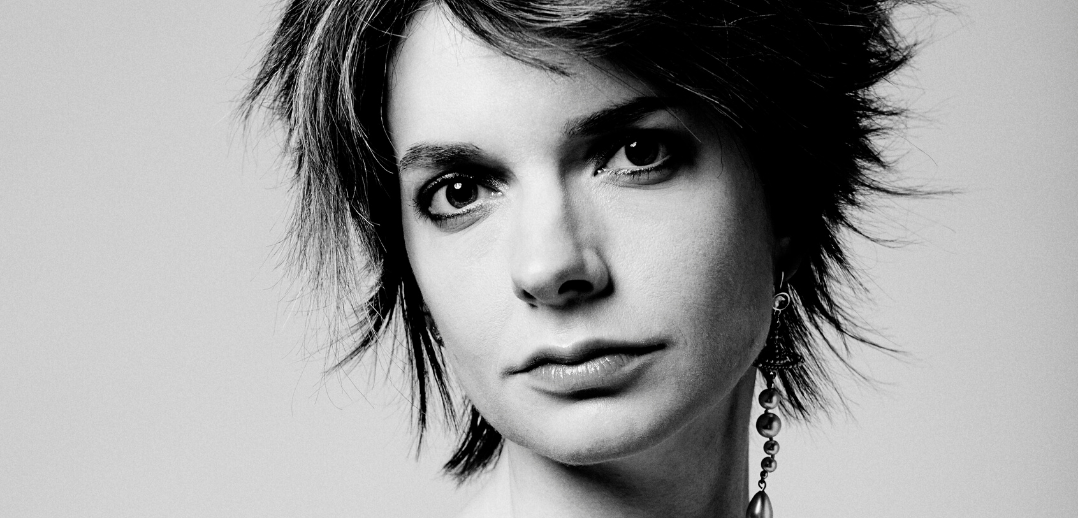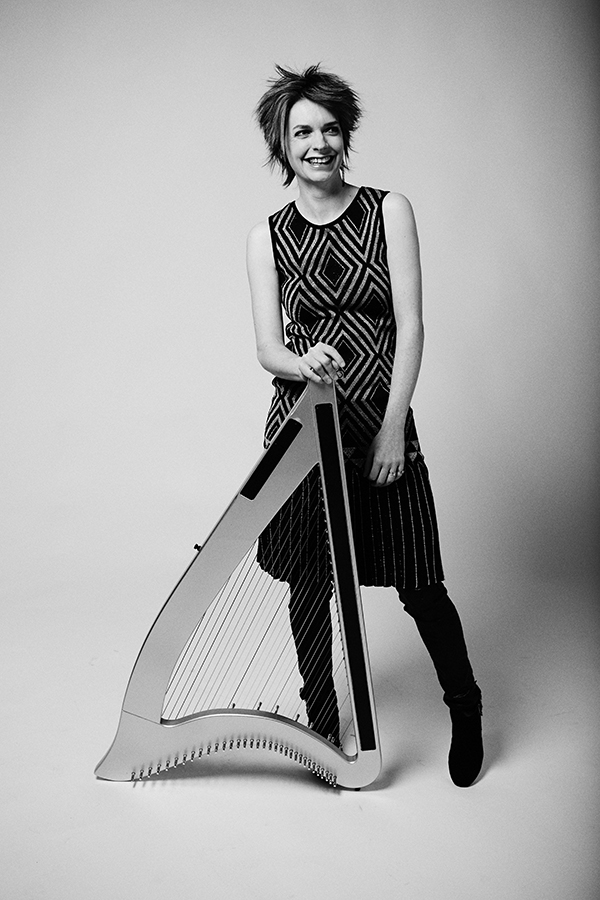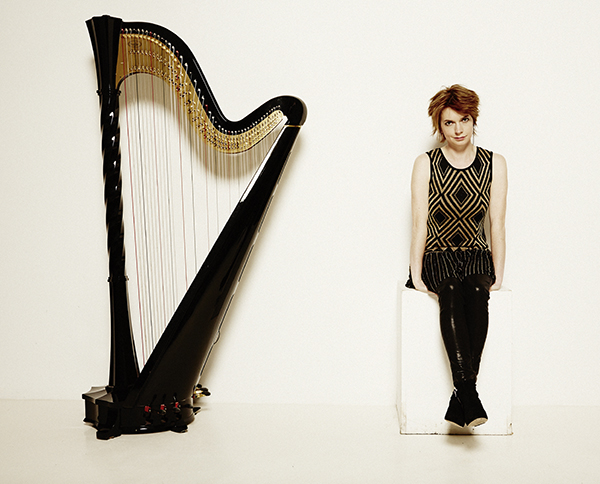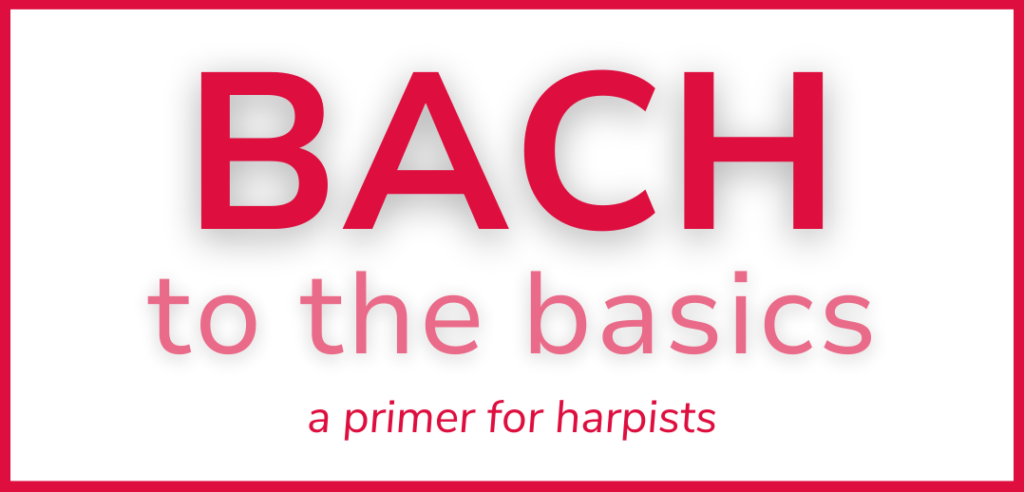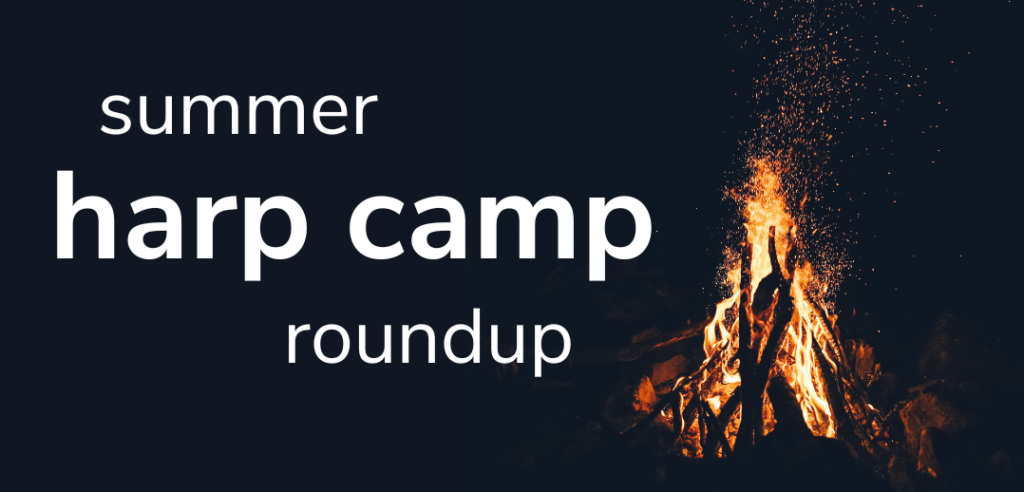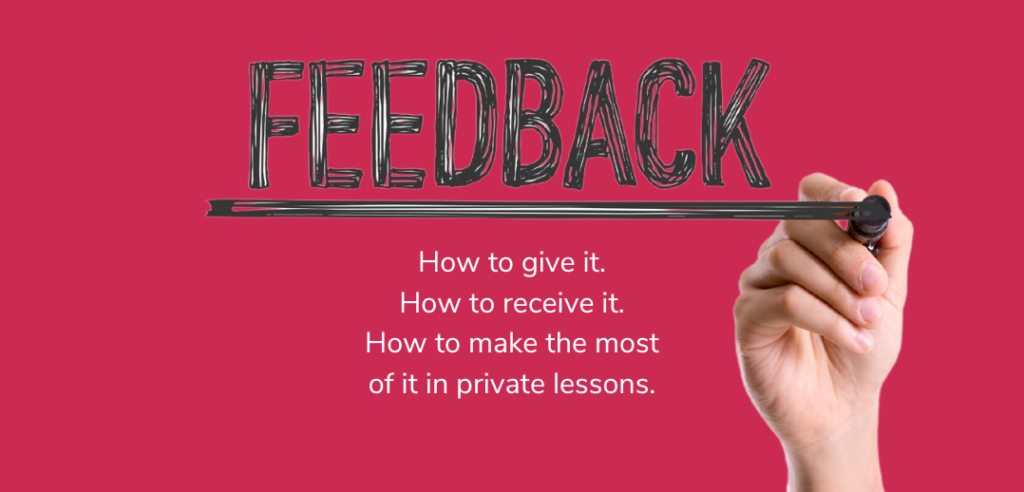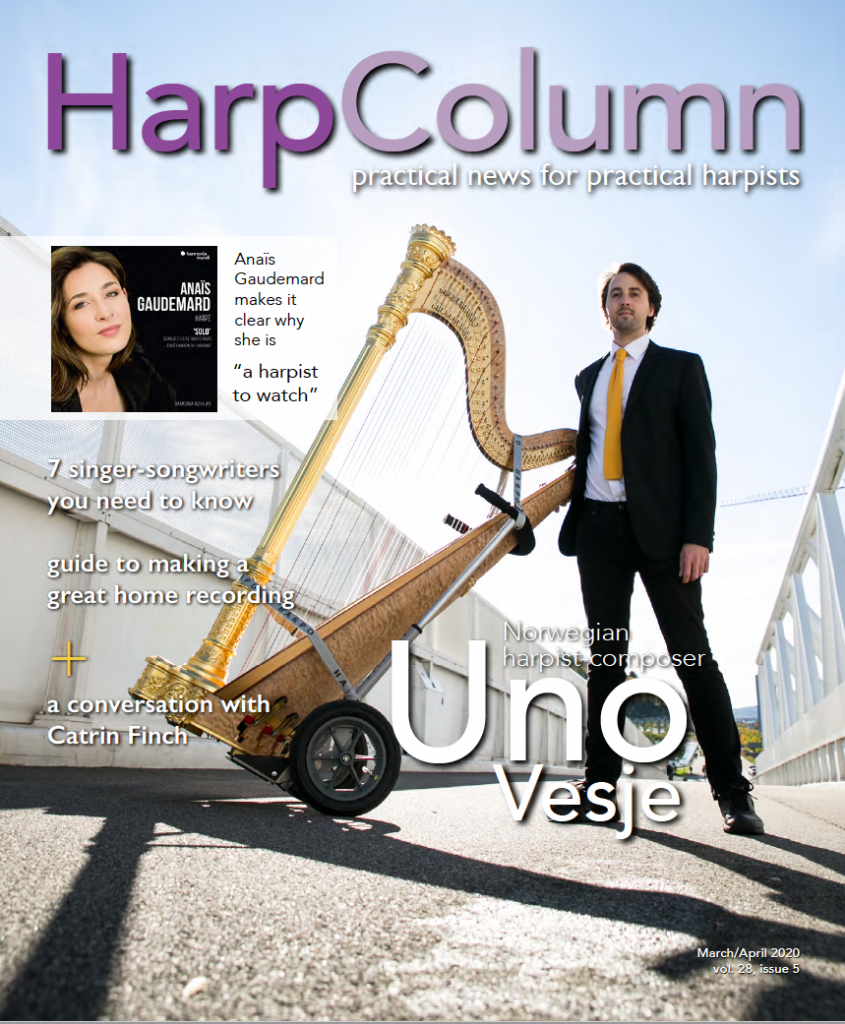photos by Rhys Frampton
A harpist’s life can be a lonely one. Catrin Finch discovered this early on in her career, while she was still a student. When we first talked to Finch back in 2001, she had an inkling that she didn’t want to spend her life touring by herself. “To be honest, I prefer to play with other people because it’s lonely up there all by yourself,” she said in our January/February 2001 interview with her. Finch says her collaborations really started in the last 10 years or so, with the Colombian group Cimarrón. She was back out on tour again with the group when we caught up with her prior to a concert in early February.
Finch said having the opportunity to work with a group of musicians that weren’t from the classical world she was from and seeing a different approach to making music and rehearsing was eye-opening. “I think what happened is I found an affinity for this style of music—it was more me as a person, this different way of doing things, and I loved it,” she says.
A few years later, Finch was connected with Senegalese kora player Seckou Keita. The two virtuosos have been playing together for six years, releasing two albums to critical acclaim in 2013 and 2018, and Finch says this collaboration has become a key part of her career. “It’s kind of taken over everything, really, in the last few years,” Finch says. “Collaboration has become, in the last 10 years, the main thing I do, in a way. People are now always asking me who I’m working with next, and I guess it’s sort of become something people affiliate with me and what I do.”
Performing then and now
A lot has changed in the last 20 years. From publishing to performing, the harp world looks markedly different than it did two decades ago. As we enter 2020, we’re checking back in with artists we featured on our cover at the turn of the century to find out how their corner of the harp world has changed—and stayed the same—since we first talked to them two decades ago. You can read our first interview with Catrin Finch in the January/February 2001 issue of Harp Column in our back issue archive.
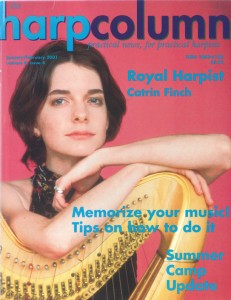
Folk music, especially from traditions outside the Western music world, is a vastly different experience from the classical tradition in which Finch trained. “It’s definitely changed the way I view the harp world and the music world. It’s not so rigid; it’s not so boxed in. I never feel like I’m restricted, and I also love the company,” she notes. “When I was a student, I think it was alright to go off by myself, and I got to see lots of the world and meet lots of people and that was great. But now, after you settle down and have kids, you realize you want to be around people. I’m less keen to go off by myself now. It’s more important for me to latch onto projects with other people now.”
Above all else in her musical life, Finch says she values the liberty and freedom to express herself and write and create her own music—things she says she discovered through her collaborations with artists outside classical music. “I’m more and more interested in developing my own musical ideas. In fact, the shows I’m doing at the moment are entirely improvised. Obviously you have these pieces and they have structures, but then it’s all about taking solo sections and improvising and having that freedom.”
Finch’s musical upbringing was typical of a talented young musician in the classical music world. She was a young child when she started playing the harp in her native Wales, where the harp is the national instrument. Finch studied with Elinor Bennett and received the highest mark on the Grade 8 Associated Board of Royal Schools of Music exam at just age 9. She went on to study at the Purcell School and the Royal Academy of Music with Skaila Kanga, graduating with the Queens Commendation for Excellence in 2002. Along the way she won several prestigious international competitions, including the Lily Laskine International Harp Competition in France in 1999 and the Young Concert Artists [YCA] International Auditions in 2000. The accolade that earned Finch the most fame, though, was her appointment to the position of Royal Harpist to HRH the Prince of Wales, which she held from 2000–2004. The position of Royal Harpist had sat dormant since 1873 during the reign of Queen Victoria. In 2000, Prince Charles revived the tradition, appointing Finch the first Royal Harpist in more than a century. “It heightened peoples’ attention to my name,” says Finch of the opportunities her Royal Harpist stint gave her. “It didn’t directly lead to new concerts, but it certainly put me out there in front of more people where they may have heard of me or heard of the position and recognized me.”
Despite having had a strict classical upbringing, Finch says she was always a classical musician who was experimenting in other musical genres. “[Experimenting] always been in me, but I think lately I’ve been brave enough to explore it a bit more,” she says. “I think as a classical musician, getting involved with world and folk music and improvisation means stepping outside the box. We get very used to and very comfortable with and very good at reading the dots and sticking to the music scores. Taking that first step into another world is quite a leap, really.”
Performing has taken Finch around the world and then some. She has performed in the world’s greatest halls and remote rural locales. From Thailand to Texas, Finch says she has seen so many places she wouldn’t have dreamed of visiting, were she not there on tour. “It’s been an incredible experience. That’s what’s special about what we do as musicians, because I would never take a flight to North Dakota, but I’m very glad I’ve seen it.”
Finch says the extensive touring she did at a young age made her grow up quickly. “I was essentially by myself for most of [the touring I did for YCA]. That was a big part of my early years, and it really gave me a lot of opportunities.”
“Where my career is now, it’s very different, actually, to where it was 20 years ago, because what I do now is quite concentrated touring.” When we spoke, Finch was in the middle of a 16-date tour, which will keep her away from home for three weeks. Then it was off to Australia and New Zealand for another few weeks. But early in her career, Finch says the norm was one-off concerts where she’d away for just a few days at a time. “I’m less inclined to go half-way around the world just to do one gig now because I can’t. I’ve got kids; I’ve got life.” Finch says that at the end of the day her kids, who are 13 and 10, need a mother around. “My main agenda is to keep it as balanced as possible,” she says. “I guess you become more conscious of the bigger picture and what’s important.”
One big event that will keep Finch home this year is the World Harp Congress, which takes place in her backyard in Cardiff in July. Never one to shy away from a big project, Finch is the artistic director for the harp world’s biggest event. “I’m enjoying it, actually. It’s quite exciting and quite a nice feeling to see something like this come together. I still love performing, but as I get older, what I’m finding is performing is not as big a part of my life as it used to be. I was always a career-driven girl, I suppose, and my life was entirely about my career and seizing every opportunity. I guess it’s natural that the older you get, your priorities change and you become a bit choosier about what you do. As opportunities come in now, whereas before I would have jumped on them straight away, now I consider things a bit more than I used to.”
“The path I’m taking is less and less classical and less and less what was expected. 20 years ago, having just won Lily Laskine and YCA, I was on a path to becoming primarily a classical harpist—I was learning concertos and giving recitals. I’m still doing it—I’ll never stop doing the solo performing—but now that’s really a side light to what I’m doing.”
Despite her collaboration projects, Finch still plays a slate of solo recitals each year, performs as a soloist with orchestras, and records—classical, folk, and original music. Her recording on the Deutche Grammophon label with famed British composer John Rutter, Blessing, topped the classical charts and was nominated for a Classical Brit Award in 2012. Though Finch consistently enjoys success on the classical stage, she finds herself coming back to her folk music collaborations. “I wouldn’t have predicted I’d be playing primarily world and folk music 20 years ago,” she says. “You just follow paths in life, don’t you? And sometimes something happens to capture your imagination, and you go with it. That’s kind of what I did, and that’s how I landed here. I’m actually quite glad it happened. I love having these projects and performing opportunities I have now.” •






